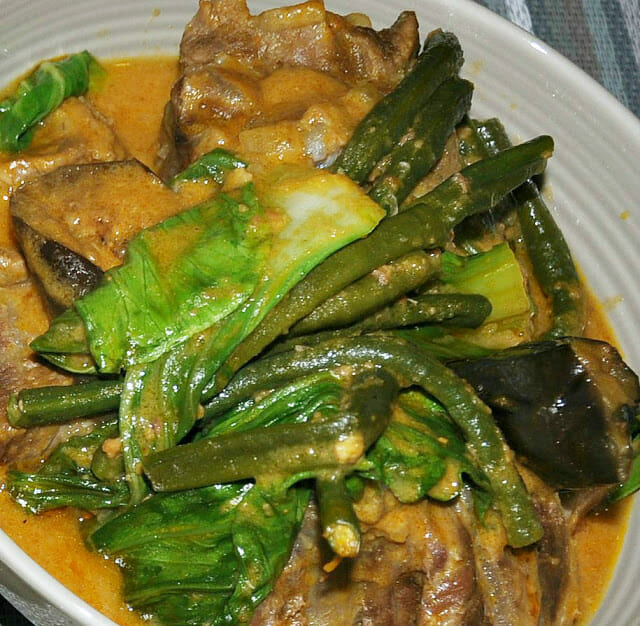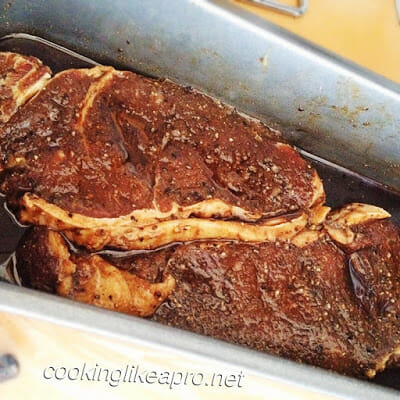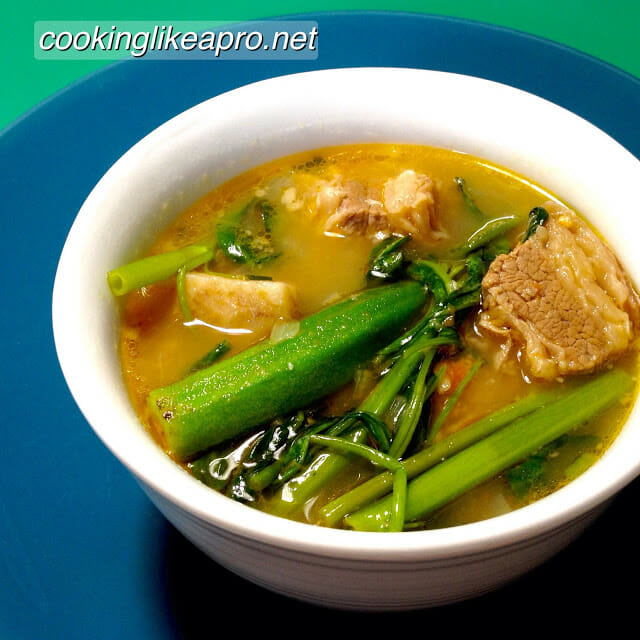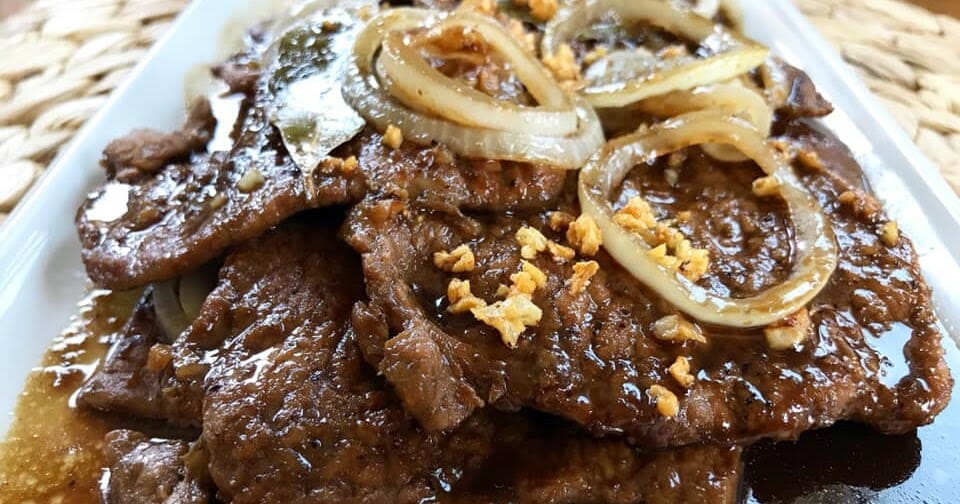Here’s a simple bitter gourd recipe without the bitterness of it all.
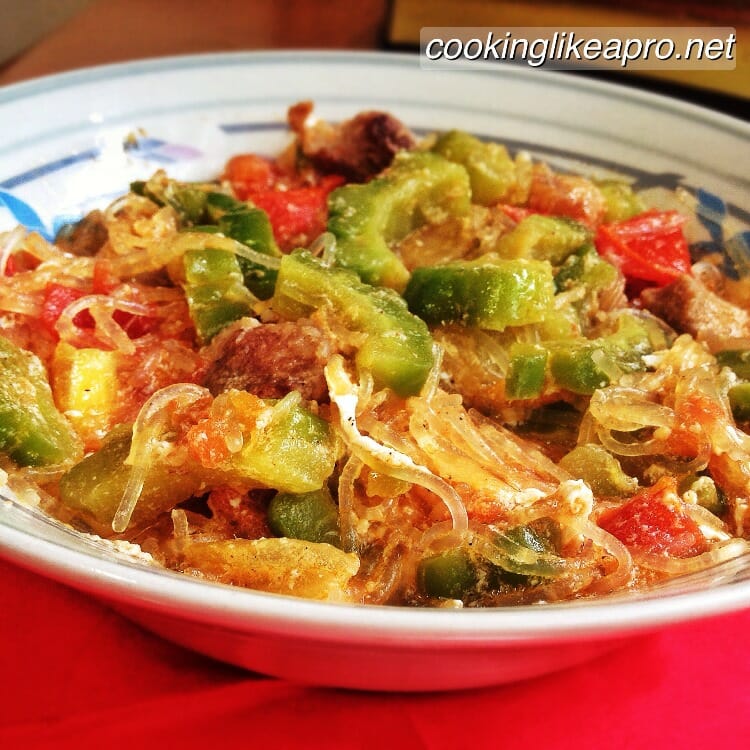
Ginisang ampalaya (bitter gourd) is not a popular dish in our home. That’s because it is a bitter gourd. There’s just no way candy coating it. But there is an easy way to keep the bitterness off. That’s with the help of the trusted salt. See further below how CookingLikeAPro do it.
There is a timely need for me to cook ampalaya recently as I am not having enough sleep lately. My bub is waking us up in the wee hours of the morning just because! I know I need to load up on some kind of iron-packed foods. And I remember the elders in the Philippines telling us before that ampalaya is indeed good in fighting the stress of not being able to sleep well. …and so, here I am with this post. I hope my ginisang ampalaya recipe would do some good for me other than filling up the tummy.
Here’s how it’s done at our home.

Ginisang ampalaya
Ingredients
- 1 whole Ampalaya cut as below (Scoop out the core of the bitter gourd with a small spoon.)
- 5-7 cloves Garlic chopped
- 1 whole Onions chopped
- 2 pieces Tomatoes chopped
- 100 g Pork shoulders cut small
- 50 g Vermicelli noodles sotanghon, 50g, soaked in water
- 1 whole Egg beaten
- 1 cup Water
- 1 tbsp Fish sauce
- Salt and pepper to taste
- 1 tbsp Cooking oil
Instructions
- Prep the vermicelli by soaking it in tap water. Cut into desired length, if need be.

- Put oil on a heated pan.
- Fry the fatty portions of the meat first under medium heat.
- When they turn brown, add in the garlic. Stir well.
- When the garlic turns golden, add in the rest of the pork.
- Season with fish sauce.
- When the pork had rendered most of its fats and had turned brown, add in the onions. Stir well. This may take 15-20 minutes.
- When the onions sweat, put the tomatoes in.
- Continue mixing until the tomatoes start to juice up.
- Add in the bitter gourd. Stir well.
- Add in the eggs. Continue stirring.
- When the eggs had formed with the dish, add the water. Do not cover the pot.
- When the water boils, add in the vermicelli noodles.
- Wait for at least 5 minutes to cook the noodles.
- Add salt and pepper, to taste.
- Serve while hot.

Video
Notes
Tips and trick for making Bitter gourd
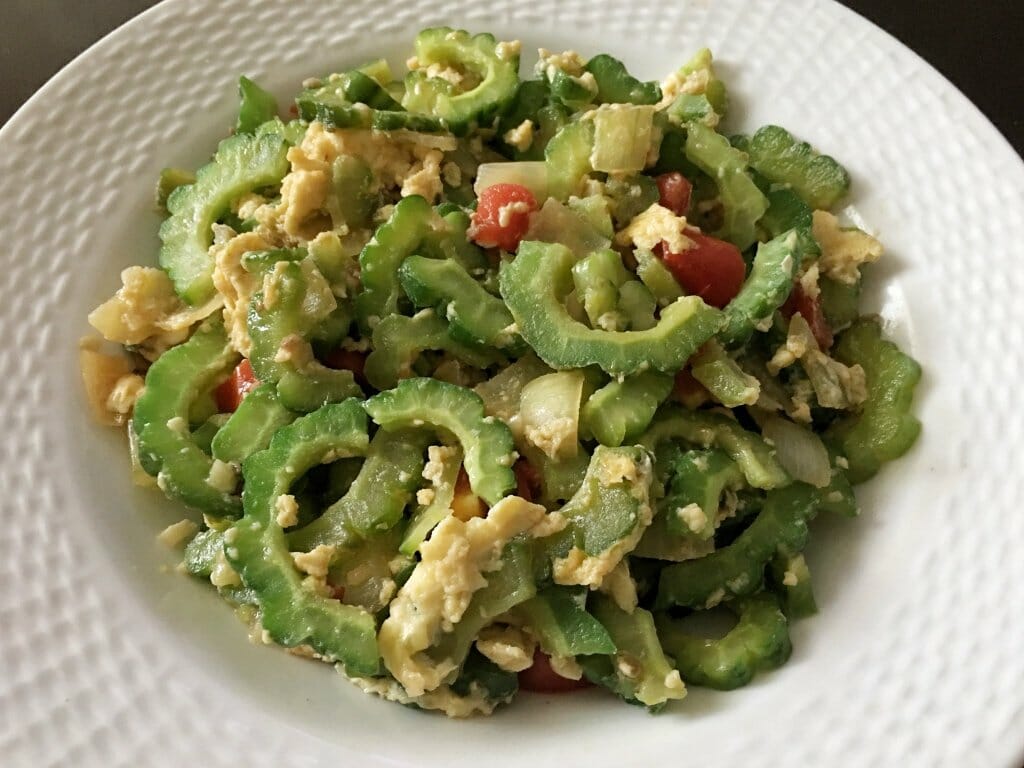
Cooking Tips for Perfect Ginisang Ampalaya
Before we dive into the nitty-gritty, let’s talk about some tips that’ll make your Ginisang Ampalaya experience a hit. First off, to reduce the bitterness, give your sliced ampalaya a good rub with salt and let it sit for a few minutes before rinsing it off. This little trick does wonders!
Another tip is to make sure you don’t overcook the ampalaya. You want it to retain some of its crispness, which adds a lovely texture to the dish. And remember, balance is key! The combination of flavors from the garlic, onion, tomatoes, and eggs (if you’re adding them) should complement the ampalaya without overpowering it.
FAQs About Ginisang Ampalaya
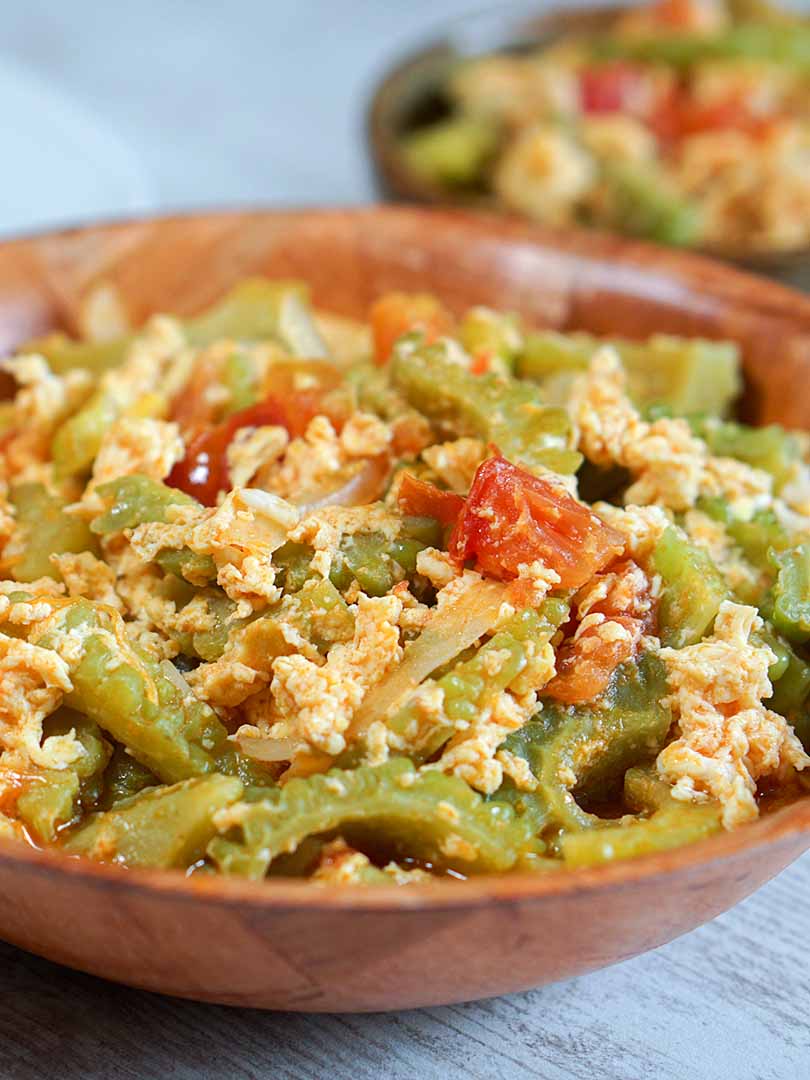
Now, let’s tackle some common questions you might have:
Q: Can I make Ginisang Ampalaya without the bitterness? A: While the bitterness is a characteristic of the dish, using the salt-rubbing method I mentioned can significantly reduce it.
Q: Is Ginisang Ampalaya healthy? A: Absolutely! Ampalaya, or bitter melon, is known for its health benefits, including blood sugar regulation – making it a great choice for a nutritious meal.
Q: What if I can’t find ampalaya in my local market? A: While it’s a staple in Asian stores, if you can’t find it, try checking out farmers’ markets or specialty shops. It’s worth the hunt!
How to Serve Your Ginisang Ampalaya
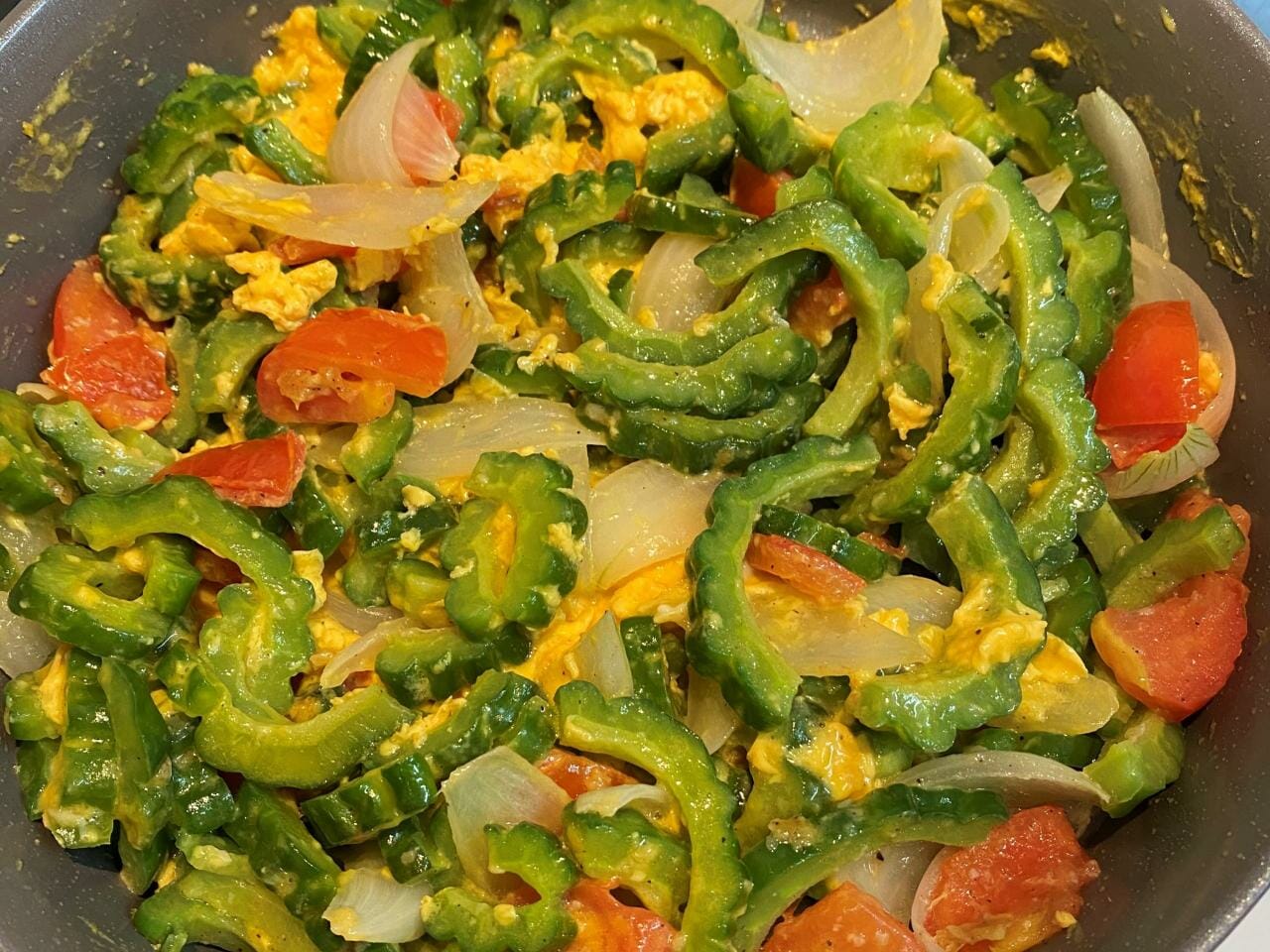
Serving Ginisang Ampalaya is as simple as it gets. A steaming bowl of white rice cooked by japanese rice cooker is all you need to turn this dish into a hearty meal. The contrast between the subtle sweetness of the rice and the robust flavors of the Ginisang Ampalaya is just divine.
For those who like a little extra protein, pairing it with grilled fish or pork chops can elevate your meal to the next level. And if you’re like me, a squeeze of lemon or a dash of fish sauce over the top just before eating brings out all the flavors beautifully.
So there you have it, folks – Ginisang Ampalaya might just become your next kitchen adventure. Give it a try, play around with the flavors, and don’t forget to share your experience. Who knows, you might end up loving this unique dish just as much as I do!
Until next time, keep those taste buds curious and your plates adventurous!

